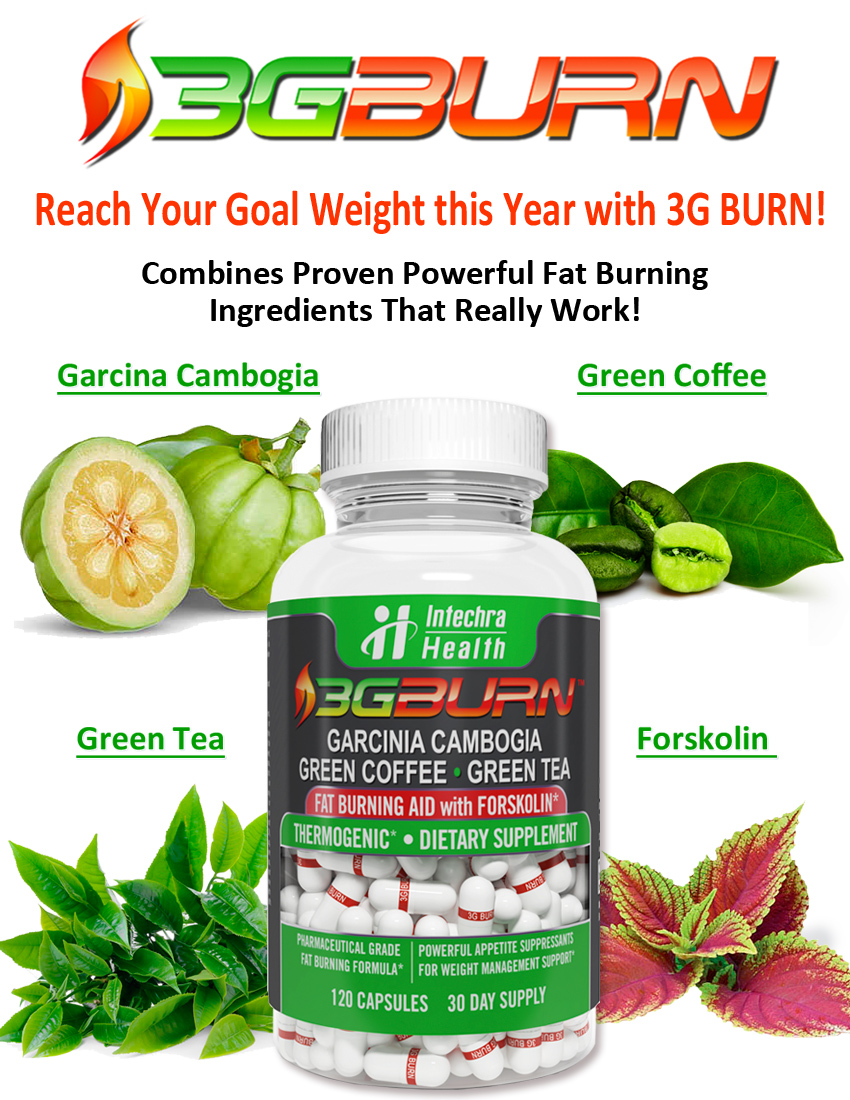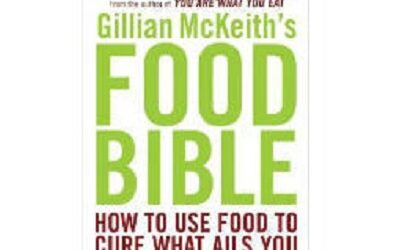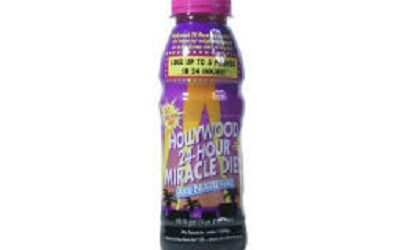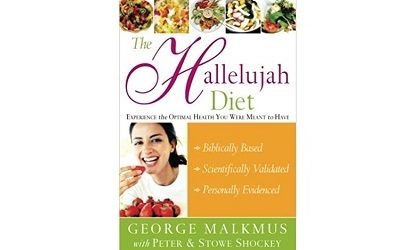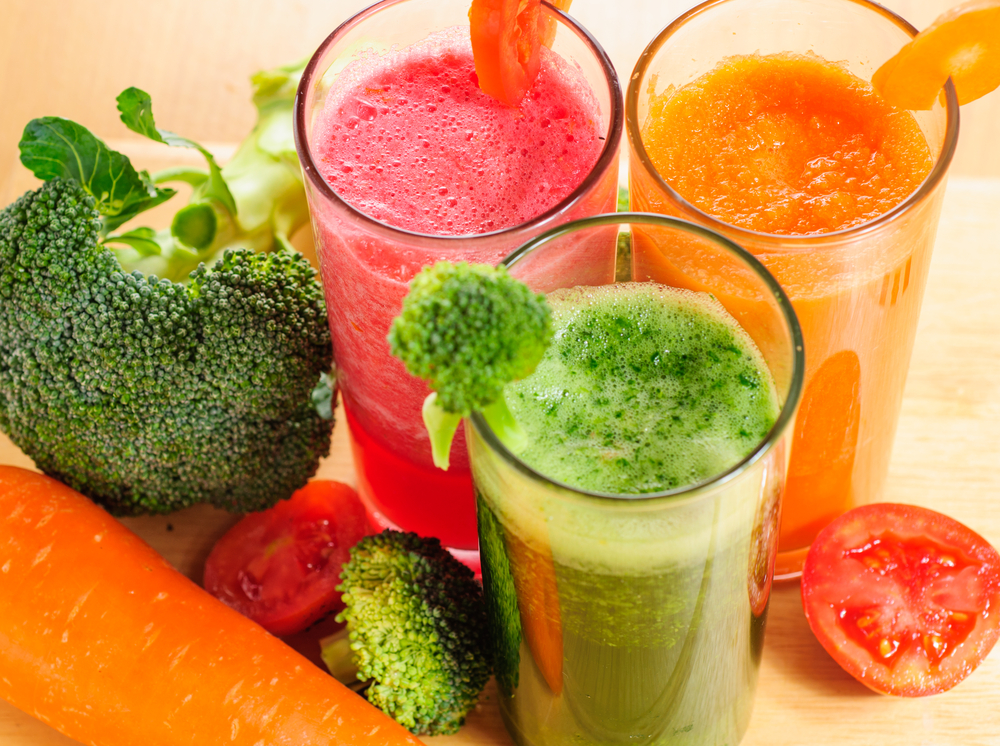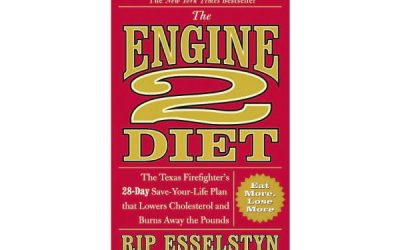Vegetarian/Vegan Diets
The best type of diet for you is a Vegetarian or Vegan diet because you’d rather hug a pig then have him for dinner! Just because something doesn’t have meat or animal products doesn’t make it healthy. That’s why it’s critical to do this diet the right way.
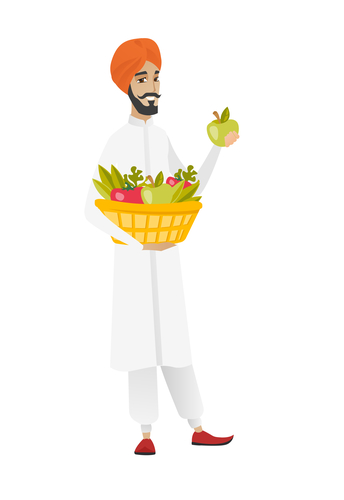 There are lots of reasons that vegetarianism or veganism is right for you. It could be that you’re opposed to eating animals when there are so many great sources of plant based foods. It may be that you’d rather reduce your carbon footprint and, as raising meat is among the biggest contributors to greenhouse gasses, this is one of the ways in which you’ve decided to go after that green goal. It could be that you feel that animal based products aren’t as good for you. It may be a part of your religious or spiritual beliefs.
There are lots of reasons that vegetarianism or veganism is right for you. It could be that you’re opposed to eating animals when there are so many great sources of plant based foods. It may be that you’d rather reduce your carbon footprint and, as raising meat is among the biggest contributors to greenhouse gasses, this is one of the ways in which you’ve decided to go after that green goal. It could be that you feel that animal based products aren’t as good for you. It may be a part of your religious or spiritual beliefs.
Maybe you’re just sick of the rapidly increasing cost of meat. It could even be that you had a Lisa Simpson moment and can’t get the image of that lamb you saw in your childhood out of your head (though hopefully it’s not talking to you as it did with her).
Whatever your reason, if you haven’t been a vegetarian or vegan before and have decided to become one, it’s not just a matter of eating salads for every meal or grazing on the front lawn every day. You’re not a deer. You may be cute, but you’re still not a deer. There’s a lot more to vegetarianism and veganism than eating leaves. In fact, to make sure you’re eating a healthy and balanced diet, you’ll likely need to start paying much closer attention to what you’re eating and what those foods contain than you ever have before.
Choosing A Vegan/Vegetarian Diet
Knowing how to go about doing that depends on many things, including what you will or will not be eating. Being a vegan or vegetarian doesn’t have only one definition. There are several versions of these lifestyles, so it’s up to you to determine which one defines your beliefs and preferences. Among the more common forms are:
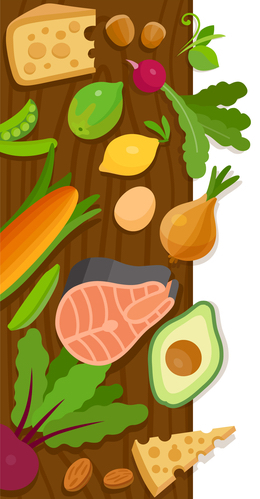 Vegan Diet
Vegan Diet
You consume only plant-based foods. This means that you don’t eat anything that comes from an animal, regardless of whether it was produced by the animal or it is made of the animal itself. With this type of diet, you won’t eat meat, fish, poultry, milks (from any animal), milk-based products (such as cheese, butter, yogurt, ice cream, etc.), eggs, honey and others. If you follow a complete vegan lifestyle, this also means that you won’t use wool, silk, leather or any supplements or beauty, cosmetic or personal products containing animal-based ingredients.
Pescatarian Diet
This is a form of vegetarianism in which the only animal-based product you consume is fish, seafood and seafood-derived foods and products. Pescatarians typically avoid all other meats, and poultry but may or may not consume eggs, dairy, honey and other animal-derived products that are not made of the animals themselves.
Lacto-vegetarian Diet
This form of vegetarianism turns away meat, poultry, fish and eggs, but allows for milk and milk products such as butter, cheese, yogurt and so on.
Lacto-ovo Vegetarian Diet
This type of vegetarian diet excludes meat, fish and poultry but includes milk, milk products and eggs.
Flexatarian Diet
This is a form of semi-vegetarianism in which the vast majority of the diet is plant based. However, on occasion, meats, poultry, fish and/or other animal based products are consumed.
Health Benefits of a Vegetarian/Vegan Diet
 There is a sizeable and growing amount of evidence suggesting that following some form of vegetarianism or veganism comes with a range of health benefits. That said, those benefits are only enjoyed if you practice these lifestyles while making nutritious and healthful choices. A balanced vegetarian or vegan diet can reduce your blood pressure, lower your body mass index (BMI), and decrease your risk of heart disease, diabetes, and certain cancers. It may even promote longevity. So if you’re at all interested in living a longer life, then the fact that you’re interested in veganism or vegetarianism bodes well for you.
There is a sizeable and growing amount of evidence suggesting that following some form of vegetarianism or veganism comes with a range of health benefits. That said, those benefits are only enjoyed if you practice these lifestyles while making nutritious and healthful choices. A balanced vegetarian or vegan diet can reduce your blood pressure, lower your body mass index (BMI), and decrease your risk of heart disease, diabetes, and certain cancers. It may even promote longevity. So if you’re at all interested in living a longer life, then the fact that you’re interested in veganism or vegetarianism bodes well for you.
There are certain specific nutrients that can be more difficult to obtain when you’re not eating meats and other animal based foods. Fortunately, supplementation isn’t your only option – though it may help to support your diet for a while as you learn the ropes. The following are some of the nutrients you may need to pay close attention to when reducing or eliminating animal based foods from your lifestyle:
Vitamin B12 – Vegetarians who eat eggs and dairy can obtain vitamin B12 through those sources. Both vegetarians and vegans can make sure to get more of this vitamin by eating fortified cereals, orange juice and fortified soy milk.
Calcium – Vegetarians who consume dairy can obtain calcium from milk, yogurt and cheese. Both vegetarians and vegans can also get their calcium through fortified tofu, fortified orange juice, fortified soy or rice milk, dark leafy greens, broccoli, beans, almond butter, almonds, soybeans and sesame seeds.
Iron – Vegetarians can add more iron to their diets by eating enriched breads and pastas as well as eggs. Vegetarians and vegans can look to tofu, kale, soy nuts, beans, spinach and peanut butter for their iron.
Protein – Vegetarians can choose to boost their protein levels with dairy, milk products and eggs. Vegetarians and vegans can also eat quinoa, lentils, beans, nuts and oatmeal for added protein.
By paying attention to these nutrients, you can help to ensure you’re not missing out on anything your body needs by steering clear of some or all animal based products. Still, making sure you find your balance can require quite a lifestyle change, as well as a substantial learning curve. Many people find that they are more successful when they make the changes gradually instead of attempting to overhaul their entire diets all at once.
Soon enough you’ll find your Instagram account will look like that of your favorite celebrity (minus the red carpet). It will be filled with pictures of colorful, delicious and plant-based meals you’ll be proud to enjoy.
Vegetarian/Vegan Diet Reviews
Review: Gillian McKeith’s Food Bible
Gillian McKeith’s Food Bible is a book that was written by clinical nutritionist and television celebrity, Gillian McKeith. It is meant to be used as a food reference.
Review: Purple Diet
The Purple Diet is a program that is also known as the Hollywood Diet or the 48 Hour Miracle Diet, among other names. Essentially, it is a juice diet program that claims that a dieter will be able to drop a whopping 10 pounds within a period of only 48 hours.
Review: Flexitarian Diet
The Flexitarian Diet is a type of eating strategy that leans toward vegetarianism but without being strict about it. Its name was created as a combination of the words “flexible” and “vegetarian.” Overall, people who follow this diet will eat considerably less meat than the average person, but don’t completely give it up.
Hallelujah Diet
The Hallelujah Diet is an extreme form of weight loss that claims to be a Holy Grail eating strategy. This, according to the creators of the diet, Reverend George Malkmus and his wife, Rhonda. They developed this diet based on biblical influence and inspiration....
Low Carb Diets
Review: The Engine 2 Diet
The Engine 2 Diet is a weight loss and cholesterol reducing strategy developed by Rip Esselstyn. Esselstyn is a former firefighter from Texas and published his diet in a book called “The Engine 2 Diet: The Texas Firefighter’s 28-Day Save-Your-Life Plan that Lowers...
